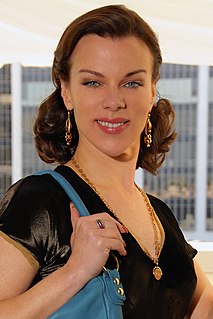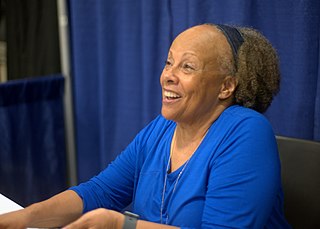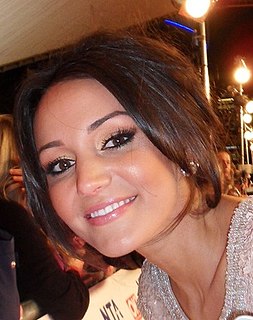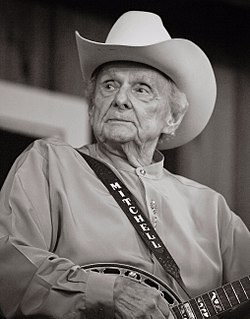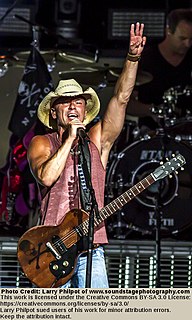A Quote by Debi Mazar
My mother was really young when she had me, so she was a horrible cook, but we lived with my grandmother, who was fantastic. We eventually got our own place, and my mother started learning to cook. But it was also the '70s, so she was very experimental, and, well - thank God we had a dog.
Related Quotes
My favorite thing is when I go back and my mother cooks for me. Because it just throws me back the same flavor. And I try to modify things: I say, "Why don't you do this and that?" My mother is older, but she cooks a lot, and she doesn't want to change anything. She's a very good cook, and my grandmother was an amazing cook.
A lot of people say that Eleanor Roosevelt wasn't a good mother. And there are two pieces to that story. One is, when they were very young, she was not a good mother. She was an unhappy mother. She was an unhappy wife. She had never known what it was to be a good mother. She didn't have a good mother of her own. And so there's a kind of parenting that doesn't happen.
I was one of those people raised by a woman who was what I call a prisoner of war. She was captured, she didn't want to be there, she was unhappy, she was banging away in the kitchen, the way that a prisoner would bang on her jail cell, you know, really unhappy. She had to cook for nine people with really little money, so she really just got burned out. So I didn't know that you could actually cook and it would be calming, pleasurable.
My mother had been an incredibly bright kid but her family couldn't afford for her to stay in education. So she lived through me. She was a very remarkable woman and I owe a huge debt to her. She was unashamed about delighting in the fact that I was intelligent, and she drove and pushed me. She was also completely indifferent to popularity.
...fact was she knew more about them than she knew about herself, having never had the map to discover what she was like. Could she sing? (Was it nice to hear when she did?) Was she pretty? Was she a good friend? Could she have been a loving mother? A faithful wife? Have I got a sister and does she favor me? If my mother knew me would she like me? (140)
The idea of the book ["The Japanese Lover"] came in a conversation that I had with a friend walking in the streets of New York. We were talking about our mothers, and I was telling her how old my mother was, and she was telling me about her mother. Her mother was Jewish, and she said that she was in a retirement home and that she had had a friend for 40 years that was a Japanese gardener. This person had been very important in my friend's upbringing.
My first banjo? My mother's sister, my aunt, lived about a mile from where we did, and she raised some hogs. And she had - her - the hog - the mother - they called the mother a sow - of a hog. And she had some pigs. Well, the pigs were real pretty, and I was going to high school and I was taking agriculture in school. And I sort of got a notion that I'd like to do that, raise some hogs. And so my aunt had this old banjo, and my mother told me, said, which do you want, the pig or a banjo? And each one of them's $5 each. I said, I'll just take the banjo.
